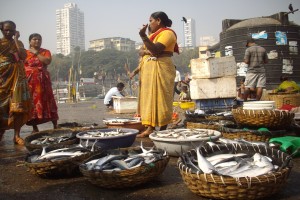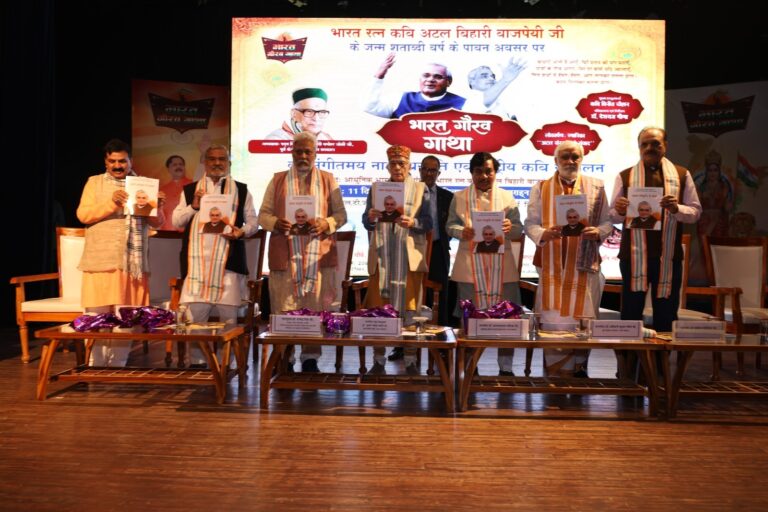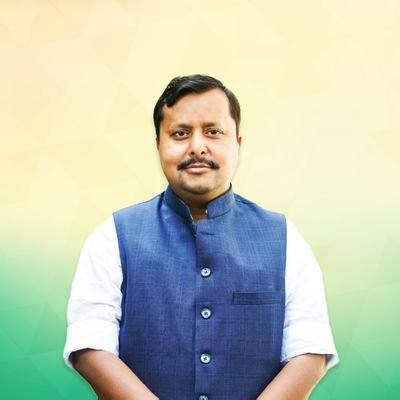
Sunday Snippets
 By Venkatesh Raghavan
By Venkatesh Raghavan
As I again recall the time I spent with Professor Jacob in St. Xavier’s Technical Institute in the post lecture hours, his clarity of thought and vision was something that dazzled me. He spoke about how to effectuate a revolution in our economy. At that point of time, I was not all that savvy on finance and related matters and my knowledge pool was a far cry from what it became in my years of business journalism. Yet what Prof. Jacob spoke made a lot of senseto me, since even as a novice in economic affairs, I was able to grasp his line of thinking.
Jacob first asked me, how will you manage to take the country forward being fully aware that it is lagging behind in technological knowhow and manufacturing skills? I thought for a while and said, “May be increased use of computers will help our country. We will be able to participate in the technological revolution of the computer era.” Prof. Jacob smiled knowingly. He said, “Can you tell me where our country’s strength is when it comes to the economy or in matters of global trade?” Recalling what I had studied in high school economics I responded, “We are dependent mainly on agriculture. More than 70% of our workforce is employed in the agricultural sector.”
Also read: Sunday Snippets: Prof. Jacob’s history of science
Jacob then launched into his narrative: “Our core strength is agriculture. We have to focus on building over this strength. All technology, be it computers or software or mechanical devices and industries manufacturing such goods should be brought in to promote our agricultural produce and enhance it. This way, there will be no discrepancy between agriculture and industry, as people are talking about today.”
“With agriculture being our main focus, if we build all support infrastructure including roads, ports dams, irrigation projects and power stations to support agricultural development, there will be a definite direction for our pursuit as a global economy. Besides, when we follow this model, it will ensure that plenty of ancillary industries spring up to support our endeavour.”
I queried Jacob, “How do you expect ancillary industries to spring up? Can you elaborate on that?” Jacob smiled again and said, “Do you recall the moment when India won the cricket World Cup for the first time in 1983?”
I replied in the affirmative and said, “It was a momentous occasion for our country.” Jacob then launched into explanation: “That victory popularized one-day cricket in our country. As the sport got popularized, there were more and more avenues of pursuing cricket as a professional career. With that came more sales of sports goods, food outlets that catered to the budding cricketers, sports dress, an array of health drinks and also entertainment avenues near cricketing venues for the youngsters. Similarly, when every support facility is in place to promote agriculture, we will have ancillary industries like factories producing farm machines, industries providing spare parts for these machines, industries that can act as a value addition to the farm produce, besides hospitality and entertainment avenues for those employed in such occupations.”
I thought for a while and then broke into laughter. It was Jacob’s turn to ask me, “What’s so funny?” I responded, “I am thinking about our island of Bombay. We can use fishing as our major strength. We can convert the city into a fishing island where all support technology is brought in to promote and assist fisheries and fishing activities.” Jacob shot back, “Keep dreaming. It might happen.”





